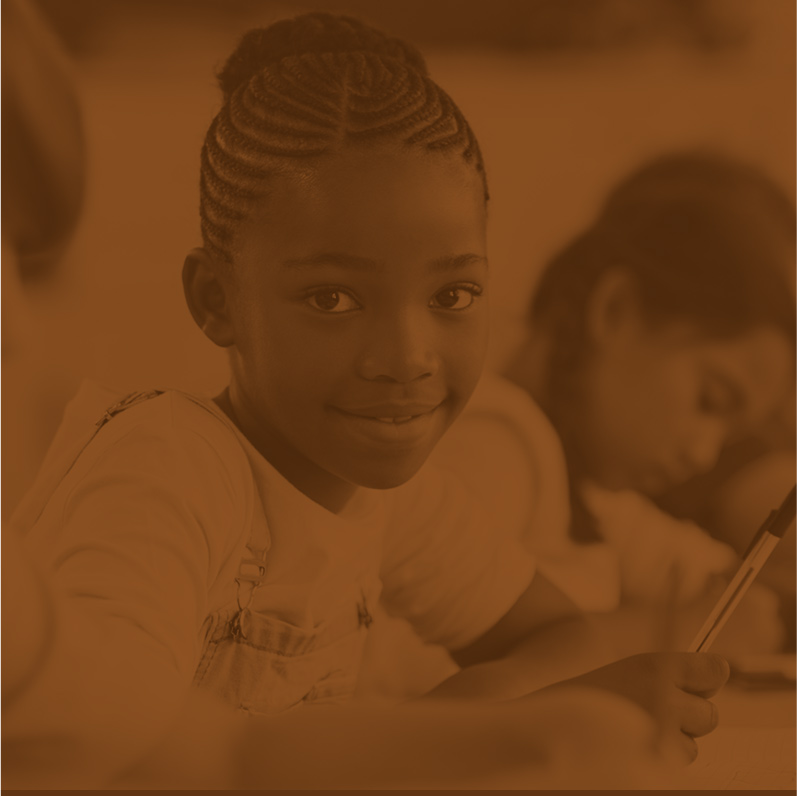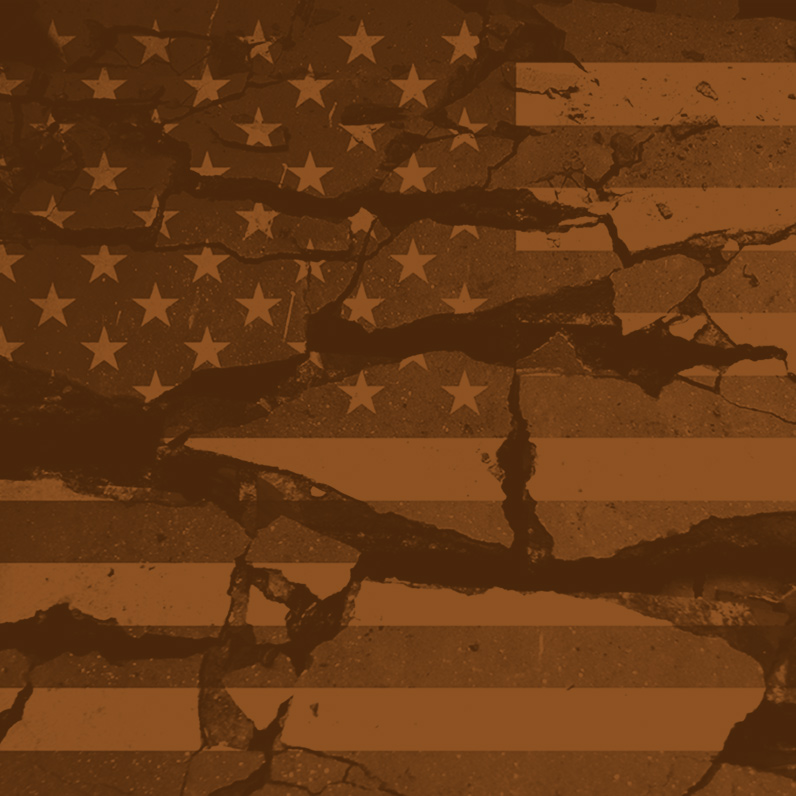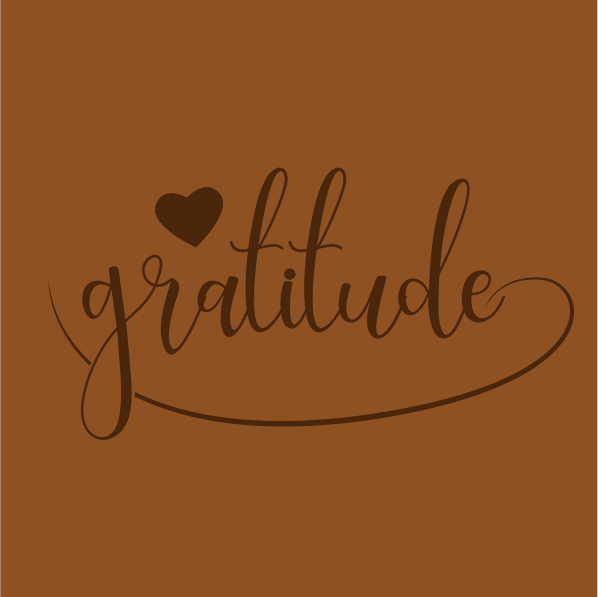My son had a lacrosse tournament this weekend. He played. My husband, daughter and I went to cheer him on. In the midst of this train wreck of a year, I recognize that there are varying degrees of applaud and disapproval about that decision. To quote Mumford and Sons, spare me your judgement. I don’t care whether you think I made a right or wrong decision to allow my son to play or for the rest of us to attend. That’s not the point of this post. The point is more about a question that I was asked by a group of parents and the answer that I’ve been reflecting on since that moment.
Most of the families on our lacrosse team are in the same school district, here in the south-Denver area of Colorado. Our school board had a grueling 9-hour long meeting yesterday to make the final decision about how to handle the fall semester of the school year, which is scheduled to start in mid-August, 3 weeks from now. Most of the moms know that I’m a mental health clinician. I’m a Licensed Professional Counselor (LPC) and practice as a psychotherapist, working with teens and adults in my private practice. I had not yet heard the news of which learning model the board had decided on when a handful of other moms approached me. But I could tell, based on the felt tension and background chatter throughout the day, that the school board decision was not the one these particular moms had hoped for. Our school district is a big one. The unanimous board choice to provide a hybrid education model for the fall semester is going to affect more than 60,000 students and their families. These moms had been hoping for a full-time return to the classrooms for their children. Their question to me,
“Sara, you are a mental health professional, what do you think about the psychological consequences to our children because of all this?â€Â
I was caught up in the excitement of our team just winning a braveheart face-off to break our final game’s tie ball game, so I wasn’t exactly in the proper headspace to field this question. Luckily, I’ve thought about this topic a great deal since our schools moved to full-time remote learning mid-way through the spring semester last March. I told them,
“There is no clean answer to that question. This decision affects different children in different ways.†Â
That is a true statement. And it’s the best I had available off-the-rip when I was caught off guard with the question.
Since that moment, I’ve reflected on the question and my own deeper thoughts about the answer. Here’s the reality. Are there negative psychological byproducts of a continued breakage of our children’s normal full-time school schedules? Yes. Absolutely. Anyone who tells you different is full of shit.
Children thrive with some degree of routine and structure. It makes them feel safe. When kids feel safe, they are significantly more likely to grow and evolve. We are hard-wired to do life in connection and collaboration with other humans. This is as true for children as it is for adults, and it does certainly apply to the way we develop during adolescence. The consequences of missing out on Monday through Friday community in their learning environment are relevant on biological, psychological, neurological, social, emotional and educational levels. This is especially true of children who are old enough and have been in school long enough to be accustomed to what a traditional full-time in-person school schedule looks and feels like. Learning in a group environment is a legitimate contributor to the kids’ education. Recess, close seating during shared meal times, PE, singing in choir, school sports, theater, and extracurricular clubs are all such incredible opportunities for our children to engage in psycho/social/emotional development. With altered education dynamics and schedules due to COVID-19, most of these things are going by the wayside until at least 2021. And good grief, really most of the families here in our school district are worried about layers and levels of lessened-okayness that are luxuries compared to the consequences to the kids in marginalized communities and low-income families. The brokenness in our school systems and exponential risk of growing dissonance because of increasing privatized education is a much greater detriment to the basic okayness levels for many other people. All to say, yes, this funky school stuff sucks, no matter how you dice it.
When I told these moms that there is no clean answer, that could not be more true on a grand scale these days. The harsh reality, whether you like it or not, is that you don’t have the answers. The probability that your perceptions are holistically accurate is zero. I don’t care whether we are talking about the genesis of Coronavirus, the approach to immunity, the accuracy of the statistics, masks or no masks, the suspicions of conspiracy and corruption, vaccinate or don’t, or the way we handle education… NONE OF US have it figured out. Whatever certainty you think you’ve nailed down, I encourage you to ease your grip. For every highly educated expert you put your trust in, there is an equally highly educated expert that will disagree and come to the table with an equally “reliable†set of data. For every perspective that supposedly gets debunked, there is an equally as “dependable†demystification to argue otherwise. For those of you with an addiction to your own certainty, it’s time to deflate your balloon.
So, if believing we’ve figured out what’s accurate isn’t reliable, what’s a better answer? I suggest getting more comfortable with feeling uncertain and being able to authentically say “I don’t know.â€
And for those of us with concerns for our children, where the hell does that leave us?! I shall tell you. And for the love of this whole generation of kiddos living through the global trauma of COVID-19, I implore you to take this to heart.
YOU have more influence on the resilience, confidence and assuredness of your children’s psychological wellness during this time than any school board decision ever will. This moment in time will, with 100% assurance, result in negative consequences for this generation of children. It won’t be simple either. It will be a complex, multifaceted, compounded spiderweb of unfortunate aftermath. There’s no way around it. (I, for one, will be waiting on pins and needles to see what the Freakonomics guys find when they research this thing over the next 10-20 years.) Because a certain level of fallout is inevitable, it is mission-critical to our children’s okayness that we microcosmically control what we can control while fully accepting and embracing our ultimate macrocosmic lack of control. Here’s where YOU come in…
The number one most determining factor of your child’s 2020 experience is YOUR ability to manage your OWN discomfort. Mirror neurons are real and even children who haven’t yet learned to understand or speak language will pick up on the quantum vibrational frequencies of distress that you emit. Your children hear you talk, even when you aren’t talking to them. They hear you complain. They hear you vent. They watch your facial expressions when you are on a phone call or responding to an email or social media post on your computer. They can feel whether you are relaxed or whether you are in a state of stress when you wake them up in the morning, sit down for a family meal, or tuck them into bed at night. They see how you interact with (or avoid) people who you disagree with. Whether you like it or are aware of it or not, they will feel what you feel.  There were adolescent siblings of players sitting on the sidelines at the lacrosse games this weekend, including my 12-year old daughter. The joy of the tournament excitement and the beautiful late-summer sunshine backdropped by the front range of the Rocky Mountains looming over the lacrosse fields was, unfortunately, narrated with undercurrent static of parents’ cynical conversations about how such-and-such is “ridiculous†and how so-and-so is “just wrong†or “an idiotâ€. Every time these kids hear the word COVID throughout the rest of their lives, they will feel the effects of subconscious trauma. That’s already bad enough. If we aren’t mindful and incredibly thoughtful of how we deal with our own distress, our reactions to these difficult times will cause them a second layer of trauma that is completely unnecessary.
Now, hear me out. I am absolutely NOT saying you don’t have a right to your feelings. Every emotion under the sun is appropriate, warranted and fair. There is no right or wrong to emotions, no matter what they are. You also have a right to your opinions (with a continued hope that we all hold space for the reality that we will be wrong about some of this… myself included.) Our reactions (how we think, speak and behave) that result from those emotions and opinions, however, have all the power in the world to bless or burden other people, including our own kids. Their thought patterns are reflective of our thought patterns. If a parent’s thoughts are generally negative or scarcity-based during this time, our children will feel that and will develop similar negative and scarcity-based thinking patterns. If our limbic system is in a state of distress (hyperarousal or hypoarousal) instead of a calm and fluid idle state, our children’s own somatic experiences will be the same. If you struggle with being still and calming yourself down, or if you struggle with being positive in light of a really difficult moment in time and massive challenges, then your children will also struggle. If you are able to thoughtfully respond to the adversity with graceful fluidity, then your kids will implicitly know that. They will feel that. They will learn from that. And they will grow up mirroring that.
Life is not fair. It will not always go their way, no matter how strongly they believe it should. We are doing these kids a major disservice if we show them what it looks like to cement ourselves into a static place when it comes to our own beliefs and behaviors. Instead of teaching them to resist and fight every last unfortunate turn of events, perhaps we start to curate a generation of young humans who learns to stand up for what they believe in while also feeling confident in their ability to roll with the punches. Perhaps we teach them the value of true non-agenda’d curiosity over certainty. Maybe we start to educate them on hope in combination with non-attachment and titrate out this addiction to certainty that their opinions are the only ones that are right. 2020 is a brilliant universal reminder that there are multiple (and often very polarized) versions of what is “right†and that it varies from person to person. For you, sending your children back to school might be the thing you want most in the world right now. For the family next door, remote learning or a hybrid version of school may tend to their family’s needs in exactly the perfect way. The school board was going to piss a whole lotta folks off, no matter what they decided.
If there is one thing I know for sure (in a world where almost nothing is certain), it is that we can be alright. COVID and quarantine and masks and messed up school year and everything. We, ourselves, can be more like bamboo… deeply rooted and sturdy, while bendy and able to move and flow in the wind and water when the storms come.  Bamboo isn’t mad at the storm. It doesn’t judge the wind for the direction that it decides to blow. It doesn’t talk shit on the waves for the force at which they crash into it. It relies on its deep roots and flexibility until a day when the storm calms and it can once again, with all the scratches and scars from the volatile weather, reach up for the sunshine and continue living.
Be gentle with yourselves. It doesn’t feel good (and it’s really not good for your health and wellness) to be in a static state of tension or worry or anger or resentment. Be gentle with each other. Say lots of “I respect youâ€s and “I care for youâ€s, and mean it… especially to those who you disagree with. Have a divine amount of grace for people who hurt or frustrate you and remember… if you can’t respond from a place of love, calm, grace and patience, the issue is not the person or group of people who upset you… the issue is that you have not yet learned to mindfully manage your reactivity. That’s your problem to tend to, not theirs. Once we learn that, we will be able to show and teach our children to be resilient, calm, strong, thoughtful, kind and compassionate. THAT is what will benefit your kid’s psychological wellness the very very most.
I hope this feels helpful to someone.
Sara Waters MA, LPC
*In the days since I posted this article, my email inbox has filled up with messages from parents, educators, school administrations and community members from all over the United States and up in Canada (hi guys!) inquiring about speaking availability.  In light of the overwhelming response and out of respect for this complex moment in time, I am offering 1-hour virtual presentations on the topics related to the article at a highly discounted speaking rate. Â
I’m committed to scheduling as many presentations as I can fit onto my calendar in the upcoming weeks and months.
Contact me directly via email ([email protected]) for info and scheduling.





